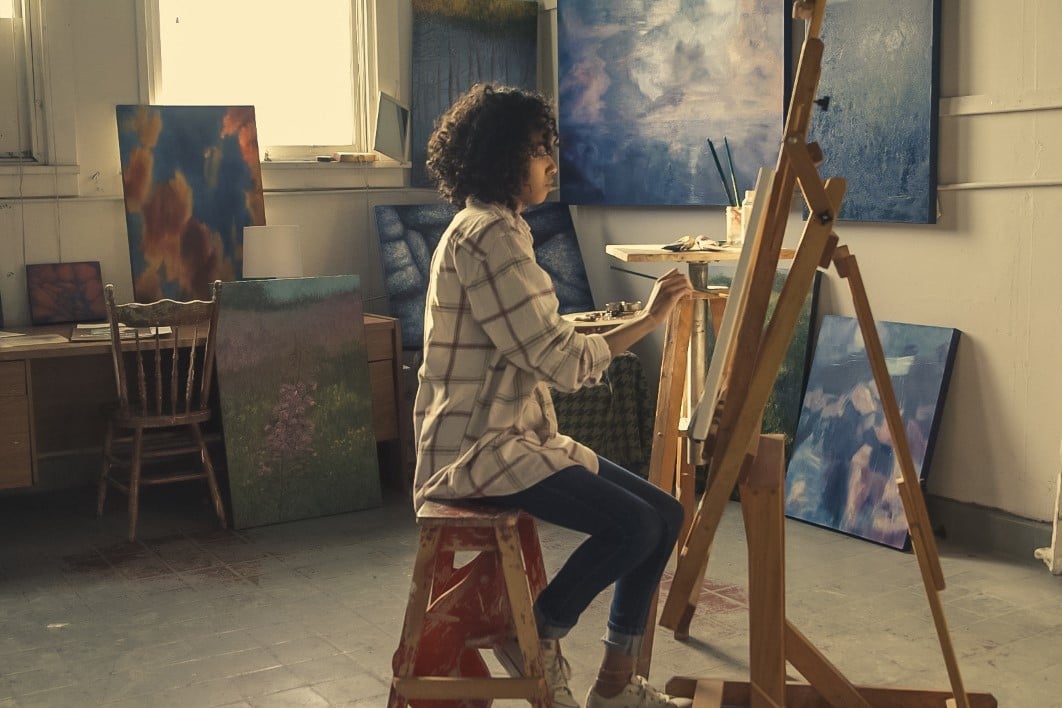
Photo: Creative Commons
‘Strong case’ for ACE to increase creative grant limits
Independent evaluation of ACE programme supporting individual creatives to work on personal projects suggests £2,000 increase to upper grant limit.
Arts Council England (ACE) should consider raising the amount of money cultural and creative practitioners can apply for from a personal development fund, a report has recommended.
Under the Developing Your Creative Practice (DYCP) programme, up to £10,000 is available to cultural and creative practitioners to take their practice to the next stage through research, time to create new work, travel, training, developing ideas, networking or mentoring.
An independent evaluation of the first 11 rounds of the programme found that while overall the programme is working well, there are concerns that grantees are not paying themselves enough to cover the cost of lost earnings, and in some cases were not paying themselves at all.
READ MORE:
- New Arts Council England fund for individual creatives
- ACE restricts eligibility for key funding streams
The report also points to the fact that the upper amount available has not changed since the programme was introduced in 2018.
Grants for the programme range from £2,000 to £10,000 with projects generally running for up to 12 months. Over the first 11 rounds of funding, the programme received more than 18,000 applications, of which 3,713 (20%) were successful, with a total of £33m going to 3,670 individuals.
Inflationary pressure
"The £10k limit has existed since the programme started in 2018, and as of 2021 the equivalent level would be £10,832 accounting for inflation," the report states.
"With higher inflation in 2022, the value of the £10k limit will be eroded further still.
"There is evidence from the interviews [for the report] that grantees were not paying themselves enough to cover lost earnings; in some cases they reported not paying themselves at all for project activities/elements.
"This led to pressure to work alongside the project, either where they had not planned to at all or to a greater extent than planned, which was reported to have negative implications for their project and its impacts.
"Factors driving this included grantees seeking to be competitive in their application, and grantees wanting to use more of their budget for investing in other things. An increased limit might help address this…"
The report said that, on balance, the evidence suggests that there is "probably a strong enough case for an increase of £1,000 to £2,000 on the upper limit, noting that for most £10k would "likely still be sufficient".
"It is worth noting that any increase to the limit would not automatically lead to everyone bidding up to the limit; 25% have bid for the maximum £10k to date," the report states.
Fewer grantees
However, researchers did warn that a higher limit would mean fewer grantees overall, may deter some less experienced applicants, and that additional monitoring from ACE may be required.
It added that there may also be a risk of more innovative projects being less likely to receive higher amounts of funding.
"Therefore careful consideration is needed around any changes to the funding limit," the report states.
The report said that, while the model is fundamentally working and proving effective in meetings its aims, there are some other elements which could be considered for refinement or improvement.
While reach across the arts and culture sector was found to be broad, researchers said there is scope to encourage further applications from libraries and museums practitioners.
And although the application process was mostly viewed positively, there are "possible refinements" to be made to further improve accessibility and understanding.
It said that the absence of feedback means the process of applying to DYCP is "not as formative as it could be", and possibly has detrimental effects on the number and quality of reapplications.
Enabling skills
"The findings indicate that the DYCP model is effective in supporting creative and cultural practitioners to develop their practice, through enabling them to build skills, confidence, knowledge and networks, and to invest in equipment and materials," the report states.
"Those in receipt of DYCP were grateful for the opportunities provided, and have been able to build on the impacts and seen them snowball – sometimes in directions not previously anticipated.
"The programme is seen to offer a unique opportunity for freelance practitioners. As a result of the impacts achieved, most grantees agreed that the funding had enabled a step change in (or accelerated) their career."
Round 15 of the programme will open on 6 September, with successful applicants for round 14 due to be announced the same day.
Join the Discussion
You must be logged in to post a comment.